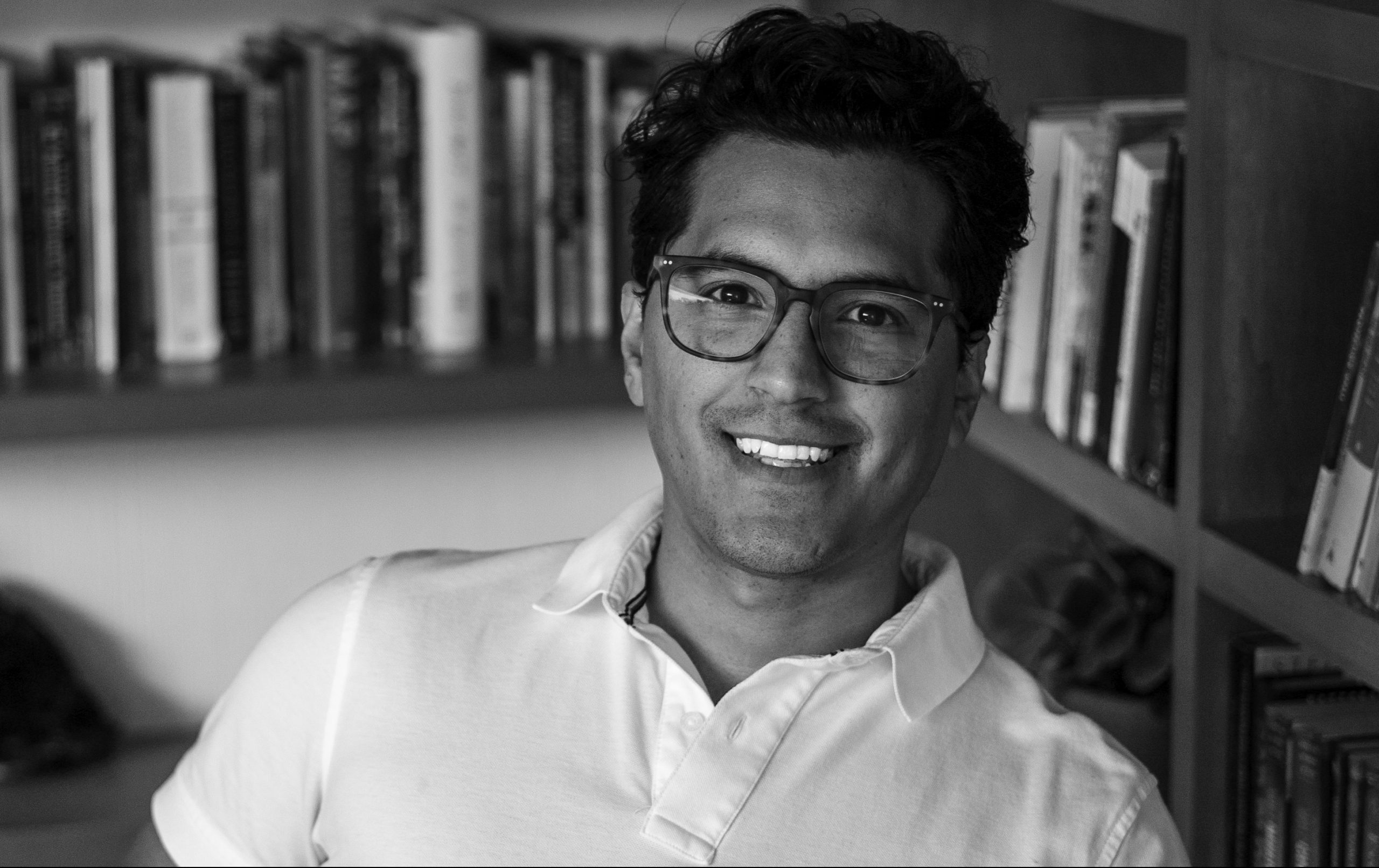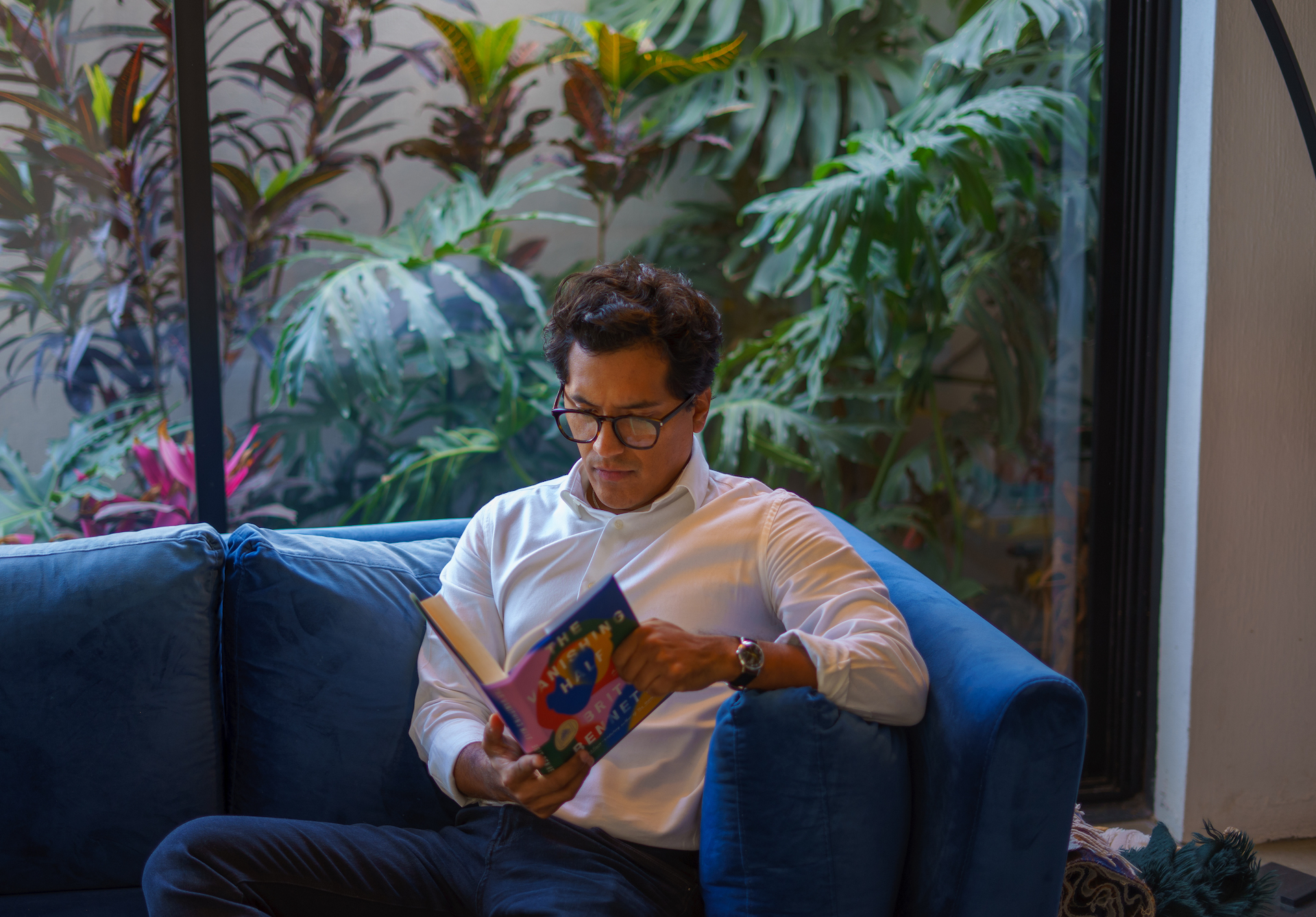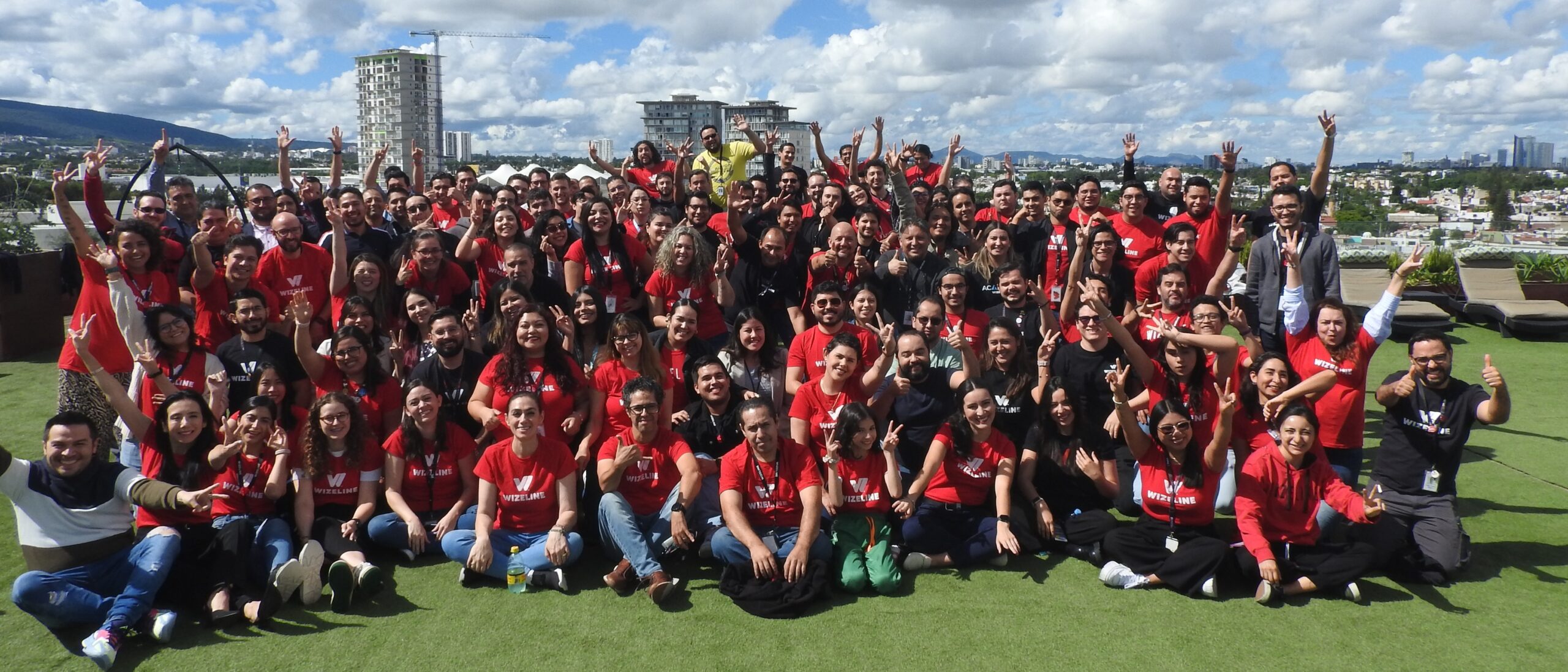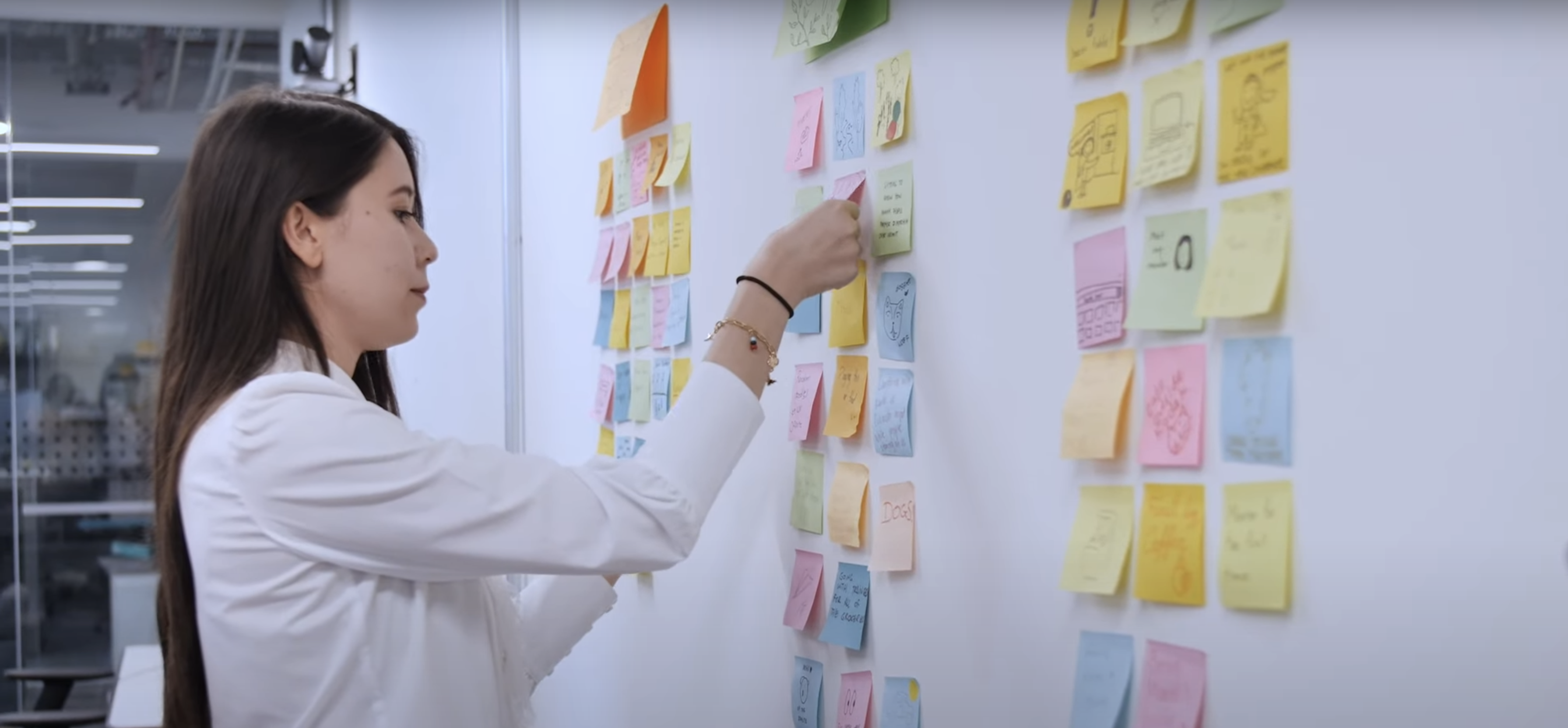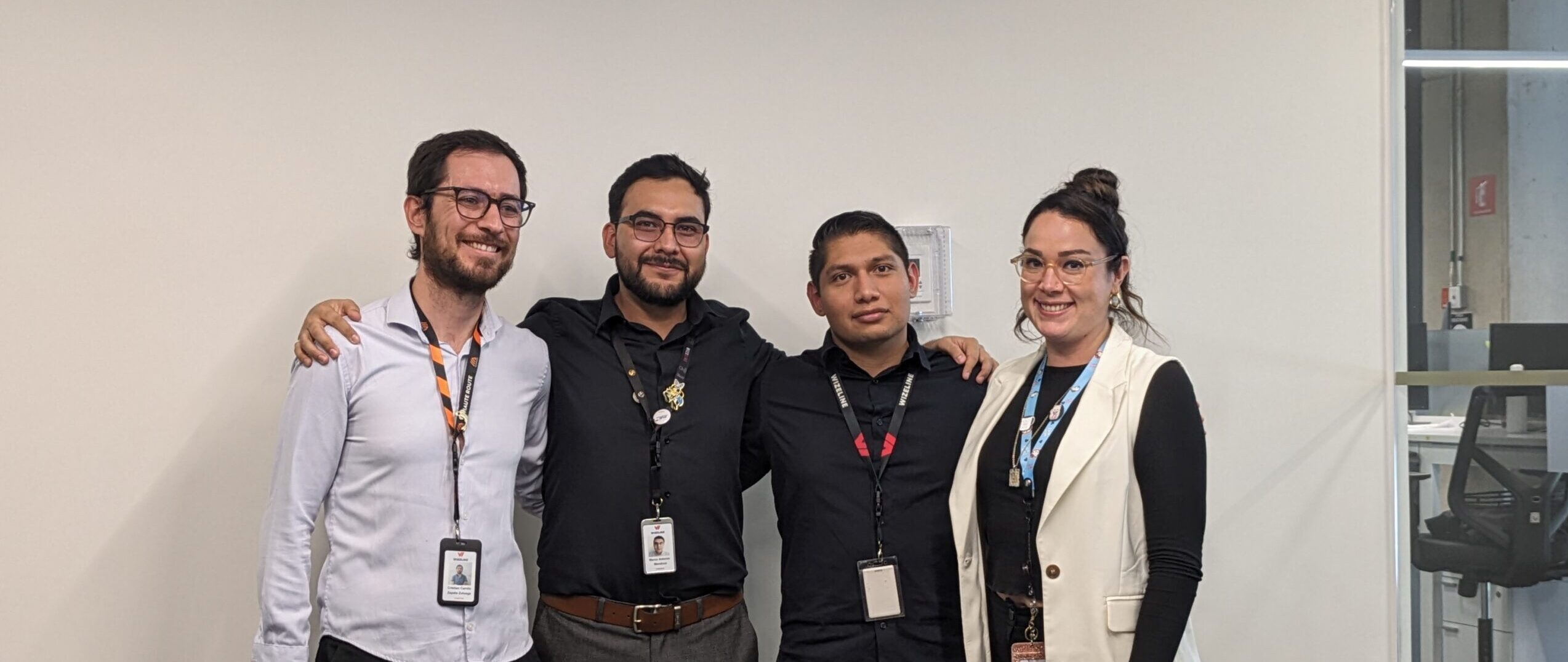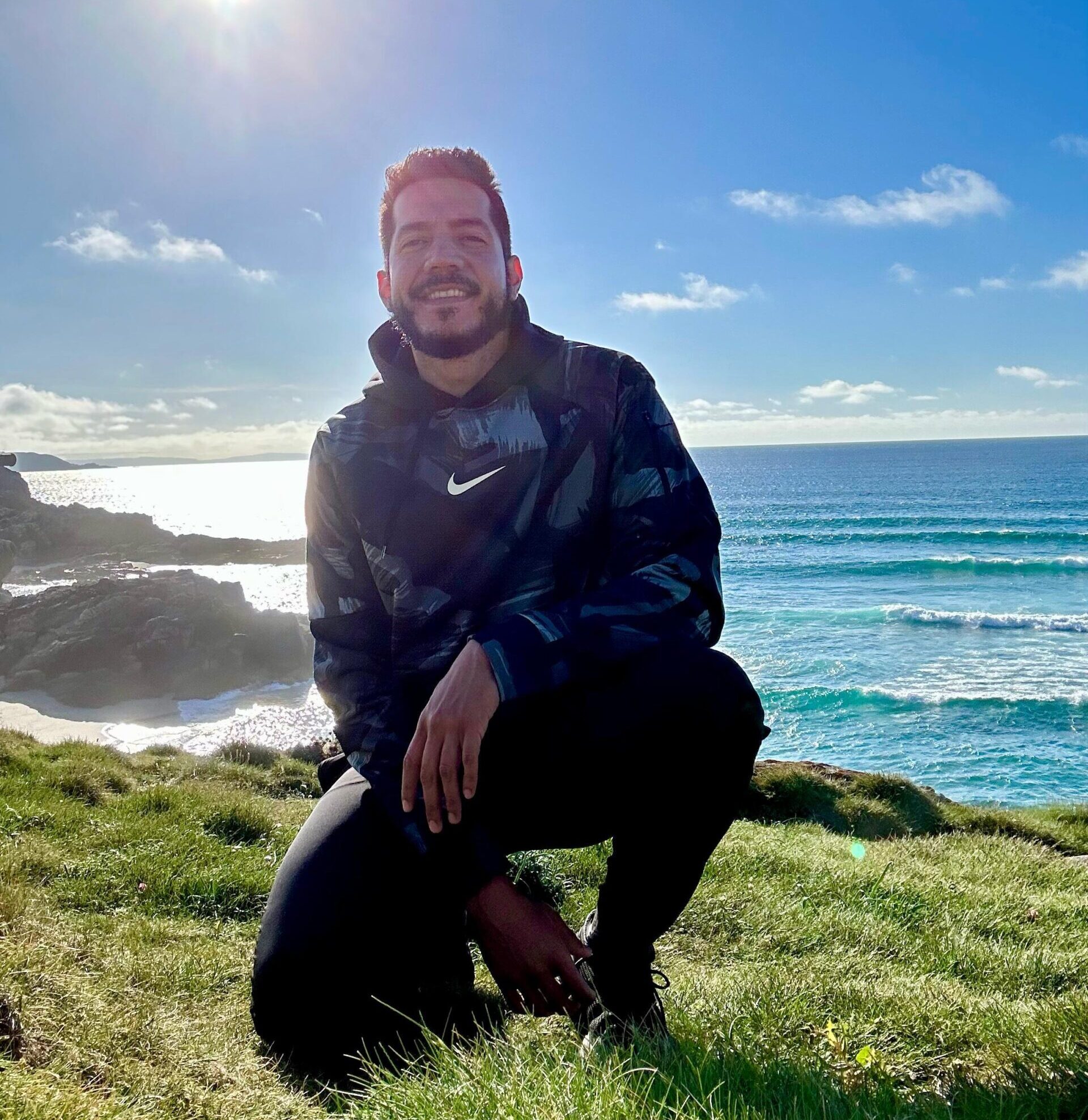Alexis López is a Senior Client Partner & Delivery Director leading a portfolio that includes top brands in the media and entertainment industry. With over five years of experience working at Wizeline, Alexis offers a unique perspective to IT professionals and new Wizeliners alike who aspire to grow their careers. In this interview, he tells his story of what it was like growing up in the working-class communities of Guadalajara and Monterrey before going on to become the first person in his family to pursue a career in tech.
Alexis was born in Guadalajara on the outskirts of the city within an area commonly referred to as the “poverty belt.” He describes his neighborhood as a tough place to grow up with many challenges. Despite these difficulties, Alexis speaks with a strong sense of pride when reflecting on his childhood experiences and the people in his life who inspired him to pursue his dreams, which for him were truly the crux of his story.
Alexis spent the early years of his childhood attending public schools. He proudly refers to himself as a product of the Mexican public school system. “A lot of people bash public education,” explains Alexis. “I don’t because I went to public schools and believe in public education.” Despite not having many educational resources at home, Alexis constantly performed at the top of his class. “I was always very lucky,” he says. “Whatever I was taught in school stuck with me. I could remember things easily, which helped me advance in my education.”
At the age of 12, his family moved to Monterrey, where he attended high school and later college. Alexis qualified for scholarships during those years that allowed him to attend private schools, but only temporarily. He believes this opportunity has been advantageous for him because it allowed him to develop a broad perspective on life. “When you go to a public school in a poor neighborhood, and then you move to a private school in an upper-middle-class neighborhood, you see a fuller spectrum of society — it was very eye-opening,” he explains.
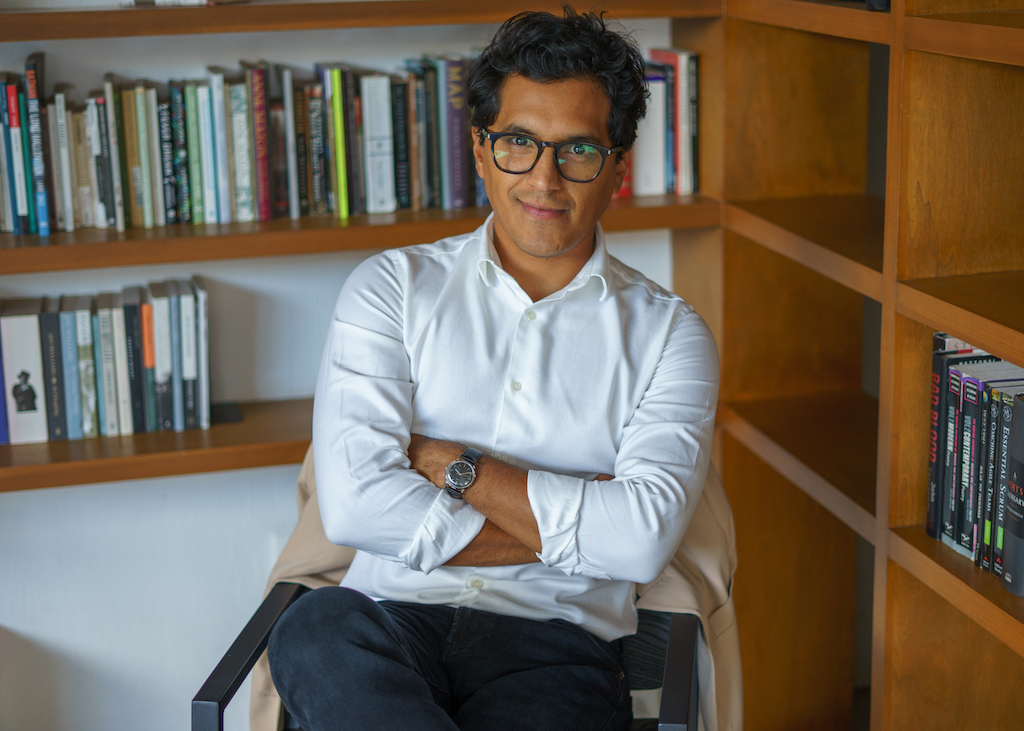
When asked why he decided to pursue a career in technology, Alexis recalls a particular occasion that greatly impacted him: “This woman named Toña, who was a friend of my mom, drove this metallic blue Chevy. To me, that car represented success. I remember one day she asked me, ‘Hey, Alexis. What are you going to study?’ And you know, the problem for me was that I was interested in everything. I wanted to be a biologist and a chemist; I wanted to study philosophy, history, and geography. I didn’t know what I wanted to do.” He remembers telling her that he didn’t know what he would choose to study, but he really wanted a car like hers and to live abroad. In response, she advised him to study physics and mathematics, major in computer science, and then earn a master’s in teleinformation because if he did so, she guaranteed that he would have a job for the next 50 years. According to Alexis, that was all he needed to hear. He decided to pursue a career in computer science.
He attended Universidad Autónoma de Nuevo León, where he earned a Bachelor of Applied Science in computer science. While at college, Alexis participated in a college exchange program that took him to Universidad de Concepción in Chile to study informatics engineering for a year. While at the university, Alexis fell in love with mathematics. It was the first time he experienced what he refers to as “pure mathematics,” theory that goes beyond memorization and requires cognitive resources. Even though he idolized the study of physics and mathematics, when the time came to make a choice, Alexis decided to specialize in computer science to ensure that he could get a proper job with good pay once he graduated.
A friend of his who moved to Guadalajara to work for Flextronics, the third-largest global electronics manufacturer, invited Alexis to apply for a position on their e-commerce team. Alexis describes the interview process as his first “wow moment” in the tech industry. “They called to invite me for an on-site interview,” he explains. “And I was like, ‘Okay, can you give me a few weeks to save up the money for a plane ticket?’ But they told me that they were paying to bring me to Guadalajara for the interview.” Although Alexis already knew he wanted the job, he accepted their invitation. They flew him in, showed him the campus, and offered him the job. “It was amazing. I was like, wow, this is an international company. Their electronic commerce platform is huge, and they want me to work on it.” Alexis accepted the job and moved back to his home city.
A couple of years later, one of his friends who had worked at Flextronics left the company to work at a new start-up in Guadalajara called Ooyala — the first company founded by Bismarck Lepe, Wizeline’s founder and CEO. He reached out to Alexis and invited him to work at Ooyala. Still, Alexis decided to stay with Flextronics because he was being considered for a management position — a decision he later regretted. After only a year in his new role, Alexis decided to leave Flextronics to join a small start-up where he worked as a solutions engineer for three years before the company was acquired and the entire team in Mexico was let go.
He then joined Hewlett-Packard as a contractor in charge of their e-commerce platform. Alexis enjoyed his time at HP; he felt challenged in his work and even had the opportunity to travel to Germany for training. But after nearly two years with the company, a new opportunity presented itself that he couldn’t pass up.
